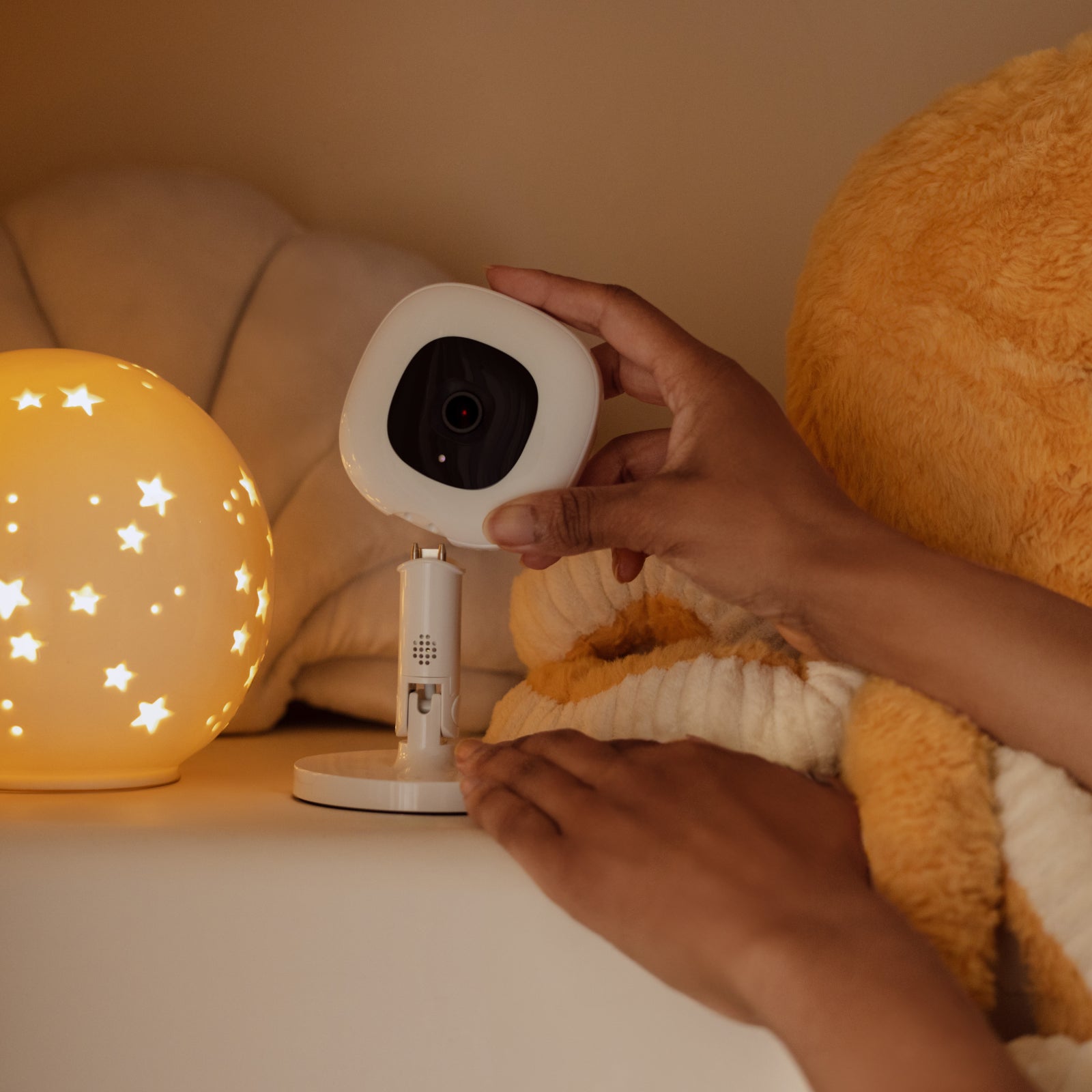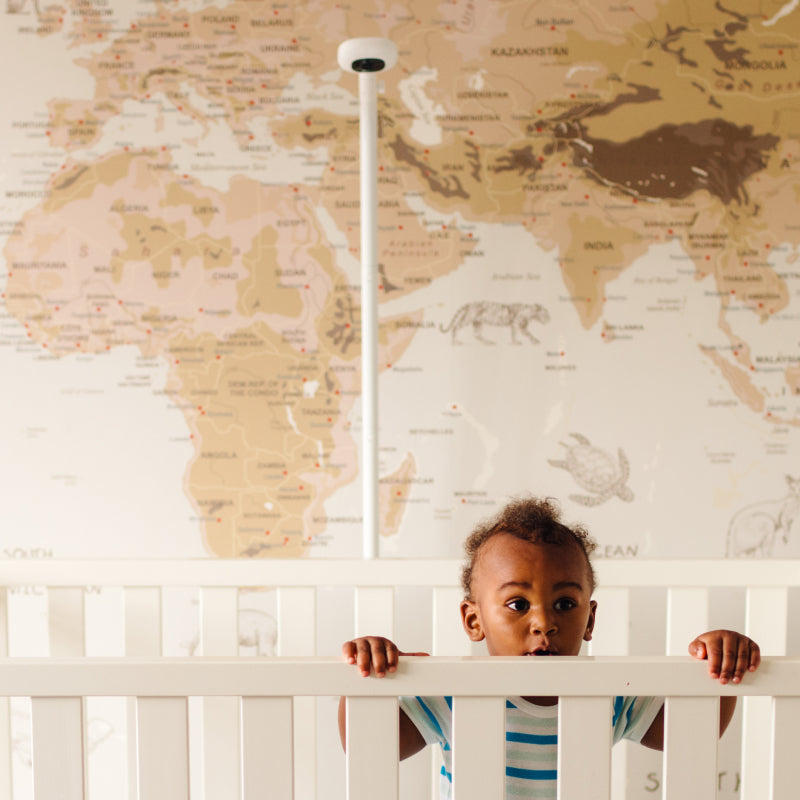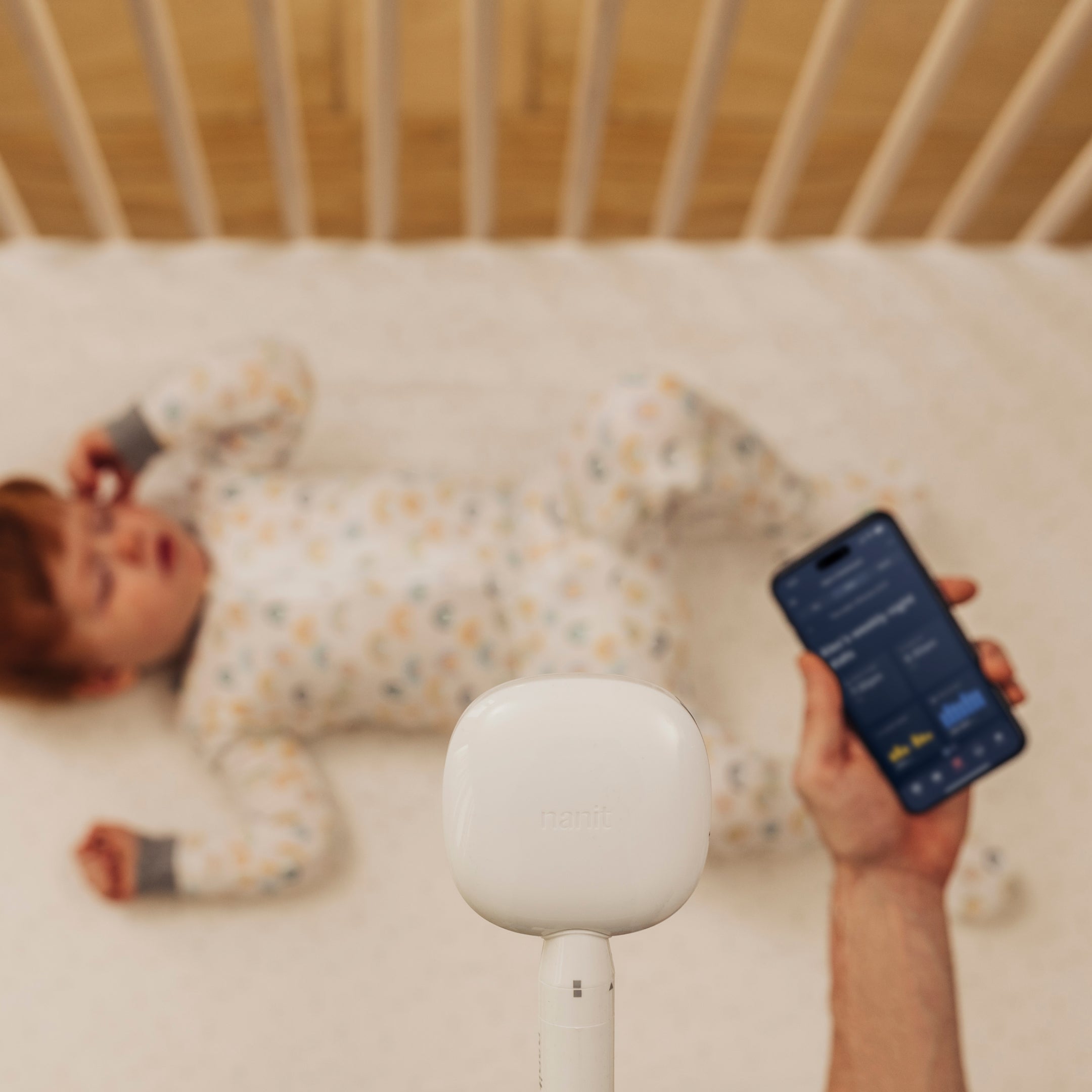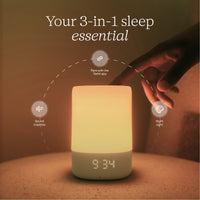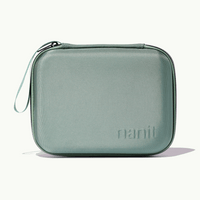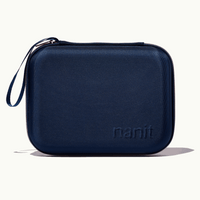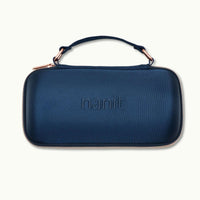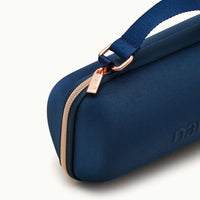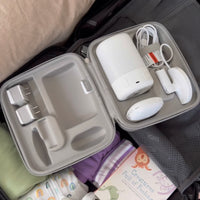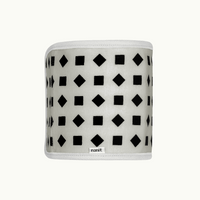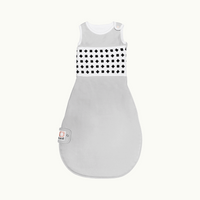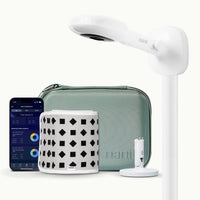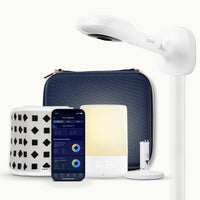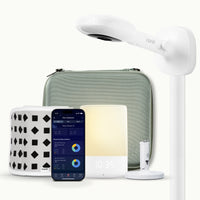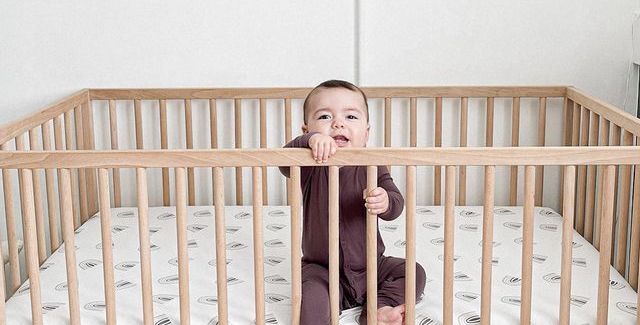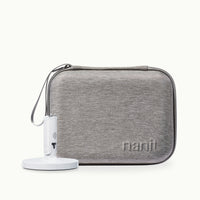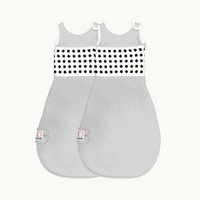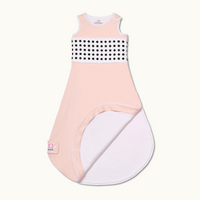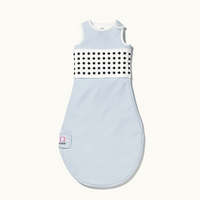Get a FREE custom sleep and feeding schedule
Our pediatric sleep experts at Nanit Lab deliver a personalized schedule based on your baby’s age, feeding method, current rest patterns, and more. Plus, you’ll receive tips on upcoming milestones and features to help you with each new stage!
16 Month Old Nap Schedule:
Is it already time for 1 nap a day? Where has the time gone? At this age, your baby will probably nap for 1-3 hours during the day. They may still be transitioning from two naps down to one and you might have some two nap days and some one nap days. Once they’ve transitioned to one nap a day, remember to give them the quiet space they need to relax and ease into this new routine for their days. Though they may not want to nap, they’ll appreciate the rest that their bodies will get. You’re welcome to lay your baby down 30 minutes earlier for their afternoon nap, which might help them get through the day for the first week or two during this change in their routine.
16 Month Old Feed Schedule:
When it comes to food, solids are going to be your baby’s best friend. They can still be drinking cow’s milk, but they shouldn’t be drinking more than 20 ounces a day. If they’re drinking more than that, take it as a sign that they’re not eating enough solid foods, which is probably why they’re still hungry. Solid foods will be the main source of nutrition for babies nearing the 16-month mark. Your little one should be fairly used to 3 meals a day at this point, and you’ll learn more and more every day about the different flavors and textures they enjoy! This is a fun time to expand your baby’s taste palate and guide them through an exploration of new textures and flavors.
How Long Should A 16 Month Old Sleep?
During this time, your baby is used to a sleeping around 11-12 hours at night, and around 2 hours during the day. Your little one may start to develop nightmares between 18 and 23 months, or even show signs of being afraid of the dark. An easy solution here is to buy a nightlight to keep them feeling safe and comfortable — just make sure it isn’t too distracting.
We recommend holding off on transitioning your baby to a toddler bed until at least 24 months. The crib is your baby’s sleep sanctuary. It’s where they feel safe, where they’re not necessarily bothered, and allows for a dynamic relationship between family and baby.
16 Month Schedule
|
Wake and Milk Feed 6:30 AM |
If you didn't feed overnight, your baby will be hungrier than normal, so this feed will be a big one. You might think about combining milk and breakfast if you choose to include your little one in a family breakfast. |
|
Breakfast 7:30 AM |
This solid breakfast is another great opportunity to get creative. Maybe try soft and easy to digest foods like oatmeal, toast fingers with butter, roasted cherry tomatoes, avocado on toast fingers, whole wheat pancakes cooked with blueberries or scrambled eggs. |
|
Optional Snack (Can be small milk feed) 9:30 AM |
A small snack for your baby is perfect, so long as it doesn't interfere with lunch! |
|
Lunch 11:00 AM |
Solid lunches are something your baby has probably become accustomed to at this age, complete with a variety of flavors and textures. They'll be more comfortable self-feeding, too. Something worth noting: this meal might come slightly earlier now that baby's taking one nap a day, so be sure to keep the morning snack light to avoid interference! |
|
Nap time 11:30 AM - 2:30 PM |
Try and make sure your baby doesn't fall asleep too early and don't let this nap last for more than 3 hours. It's okay if this nap is only 1-2 hours. |
|
Milk Feed 2:30 PM |
Your little one is ready for a post-nap milk feed. |
|
Optional Snack 4:00 PM |
A baby-sized snack for your little one might be good to get them through to dinner. Same as earlier, keep it light to avoid interfering with the bigger end of day meal. Foods like baby carrots, apples with peanut/almond butter, a handful of berries, a clementine, a mini whole wheat bagel with peanut/almond butter, or a hard boiled egg, are all great options. You'll probably be out and about, so choose something portable and easy on the go. |
|
Dinner 5:00 PM |
At this age, dinner should be made up of yummy flavors and solid textures that encourage palate expansion and self-feeding. |
|
Bath 5:45 PM |
Splish-splash! It's time for a bath! |
|
Bottle and Book 6:16 PM |
A nice big nutritious solid dinner might leave your baby feeling pretty full, leaving no need for a pre-bedtime feed. |
|
Bedtime 6:30 PM |
Time for bed. Sweet Dreams! |




